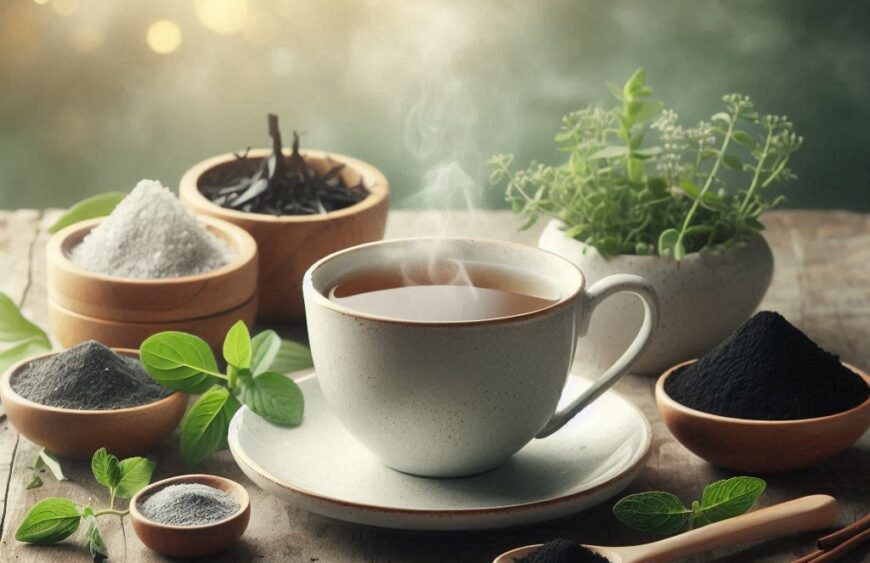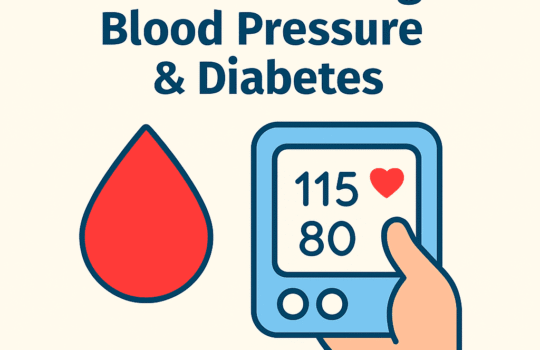Herbal detox regimens often center on cleansing beverages and natural adsorbents. While the body’s liver and kidneys already handle waste removal, certain herbs and charcoal can help support these organs. For example, milk thistle and dandelion root (common in detox teas) have long been used to support liver and kidney function. Similarly, ginger, mint, and green tea are valued for their gentle digestive and antioxidant effects.
These herbs act as mild diuretics or antioxidants, helping flush fluids and protect cells during a detox regimen. On the other hand, activated charcoal is a potent substance used in emergency medicine. As noted by health experts, “activated charcoal stops toxins from being absorbed in the stomach by binding to them,” so that the toxins leave the body instead of entering the bloodstream. This is why charcoal is sometimes included in detox kits to trap pollutants.
Key Detox Herbs and How They Work
-
Dandelion Root & Leaf: Traditionally used as a diuretic and mild liver support. It encourages the kidneys to expel excess water and helps the liver process waste.
-
Milk Thistle (Silybum marianum): Contains silymarin, an antioxidant flavonoid. It’s believed to protect liver cells from damage and promote regeneration. (Studies suggest silymarin may improve liver function tests in mild cases.)
-
Ginger & Turmeric: Both are anti-inflammatory and improve circulation. Ginger soothes digestion and reduces bloating, while turmeric (curcumin) helps modulate the inflammatory response – useful when the body is processing toxins.
-
Green Tea & Peppermint: Rich in antioxidants, these teas support overall metabolism and gently stimulate digestion. Green tea’s catechins may aid liver enzymes.
-
Activated Charcoal: A fine black powder made by heating carbon-rich materials. In “detox” use, it acts like a magnet for certain toxins or gases in the gut. It does not get absorbed by the body, so it carries bound toxins out in the stool. (Note: Charcoal should be used carefully and not with every dose of herbs, to avoid blocking nutrient absorption.)
Traditional Uses vs. Modern Insights
Herbal detox teas combine these ingredients in specific blends. Traditional practices (from Ayurvedic to African herbalism) have long used teas to “cleanse” the blood and organs. Modern research takes a more measured view: while no tea can replace a healthy liver, clinical data confirms that many herbal components support detox organs.
For instance, studies show that hibiscus and green tea can lower blood pressure (beneficial during detox stress), while antioxidants in many herbs protect cells from free radicals released as toxins are processed. However, medical authorities caution that the body already has its own “detox” system – our liver, kidneys, and intestines naturally remove wastehealthline.com.
In practice, herbal detox regimens are best seen as supportive: drinking ginger or peppermint tea won’t force toxins out, but these herbs can ease digestion and reduce inflammation during a cleanse. Activated charcoal, backed by emergency medicine data, truly adsorbs some toxins in the gut, but it doesn’t discriminate, so hydration and timing (away from vitamins and medications) are essential.
Recommended Detox Products
To put theory into practice, consider gentle herbal products:
-
Detox Teas: For example, Herbs & Spices by Bukky offers a Smokers Detox Tea, Herbal Lungs Detox Tea and Lymphatic Detox Tea. These blends include ingredients like cleavers, dandelion, red clover, and ginger to stimulate lymph flow and liver support. Drinking 1–2 cups daily can complement a detox plan.
-
Activated Charcoal: Bukky’s Activated Charcoal powder is an option for short-term use. Taken as directed (with plenty of water), it can bind occasional toxins or excess gas.
-
Hydration + Minerals: Always pair detox teas and charcoal with plenty of water, electrolyte-rich juices, or herbal infusions (like lemon water) to help the kidneys flush waste. Some mineral supplements (magnesium, potassium) can also support detox pathways.
Takeaways
-
Support, Don’t Overwhelm: The body naturally detoxifies. Herbal teas can support this by providing antioxidants and diuretic herbs (e.g., dandelion, ginger).
-
Activated Charcoal’s Role: Charcoal adsorbs toxins in the gut but should be used sparingly and not with every meal. Always follow dosing instructions.
-
Choose Quality Blends: Look for teas with known detox herbs (milk thistle, peppermint, etc.) and no unnecessary additives. Bukky’s detox blends focus on natural ingredients and balanced formulas (e.g., Lymphatic Detox Tea with cleavers, red clover, ginger.
-
Lifestyle Matters: Combine herbal detox with healthy diet, sleep, and exercise. Avoid excessive caffeine and processed foods during a cleanse.
-
Consult Professionals: If you have medical conditions or take medications, talk with a healthcare provider before starting detox teas or charcoal.
By choosing evidence-backed ingredients and products like Detox Tea or Activated Charcoal, you can help your body feel refreshed and energetic, while respecting its natural detox pathways.
Discover more from Herbs And Spices By Bukky
Subscribe to get the latest posts sent to your email.






